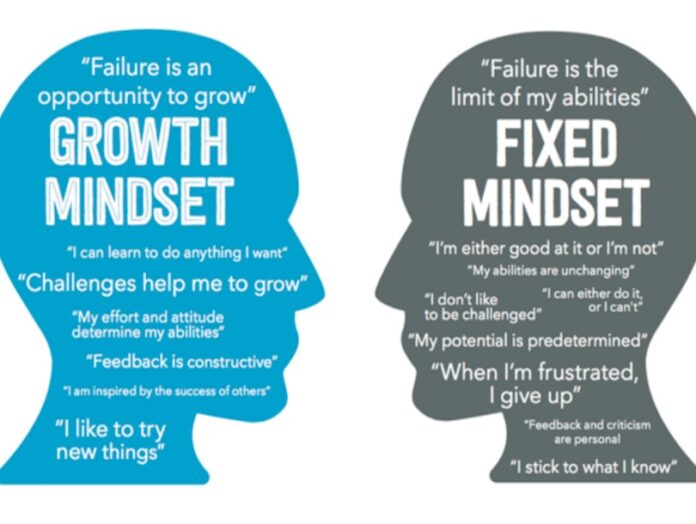Great teams don’t emerge by accident. As Steve Jobs recognized, exceptional results stem from collaborative effort, not individual brilliance. To truly harness the collective power of a team, leaders must adopt practices that inspire engagement, foster trust, and unlock peak performance. This article outlines nine essential Lean leadership principles, grounded in proven methodologies and psychological insights, to elevate your team’s effectiveness.
Зміст
1. Empower Through Action: Learning by Doing
Micromanagement stifles growth. Instead, empower team members by providing opportunities to learn through direct experience. Encourage experimentation, support independent problem-solving, and resist the urge to dictate solutions. As Brené Brown notes, true leadership lies in “finding the potential in people and processes” and having the courage to nurture it. John Maxwell echoes this, stating that great leaders empower, rather than control.
2. Patience and Tolerance: The Foundation of Growth
Exceptional results rarely emerge overnight. Patience and tolerance are non-negotiable skills for leaders who seek sustainable progress. Allow space for mistakes, encourage learning from failures, and resist the temptation to rush solutions. A patient approach fosters a safe environment where team members can take risks, innovate, and grow.
3. Storytelling: Connecting Through Experience
Facts and figures alone rarely inspire. Effective leaders use storytelling to connect with their teams on a human level. Share personal experiences, illustrate lessons through real-world examples, and draw your audience in with authenticity. Inspiration isn’t delivered – it’s evoked.
4. Vulnerability-Based Trust: The Cornerstone of Collaboration
Patrick Lencioni defines vulnerability-based trust as the willingness to openly acknowledge weaknesses, mistakes, and the need for help. When leaders model this behavior, they create a culture where team members feel safe admitting their limitations, seeking support, and collaborating without fear of judgment.
5. Discernment: Seeking Root Causes, Not Surface Symptoms
Often, the most obvious problem isn’t the real issue. Cultivate the ability to see beyond surface symptoms and identify the underlying root causes. Hone your powers of discrimination, and implement changes that address the core of the problem, not just its outward manifestations.
6. Reflective Listening: Understanding Before Being Understood
Most people hear, but few truly listen. Practice reflective listening—fully engaging with what others say before formulating your response. Ask clarifying questions, summarize their points to ensure understanding, and resist the urge to interrupt or defend your own perspective.
7. Outward Mindset: Shifting Focus from Self to Others
The Arbinger Institute’s research reveals that true collaboration stems from an outward mindset—a genuine concern for the well-being of others. If you see an opportunity to improve something for a teammate, colleague, or even a stranger, take action. Self-deception arises when you prioritize your own needs over the collective good.
8. Growth Mindset: Embracing Learning Over Fixed Abilities
Carol Dweck’s work demonstrates that believing in the power of growth—the idea that abilities can be developed through effort—is critical for success. Avoid fixed mindsets that assume intelligence or talent is innate. Instead, foster a culture where learning, experimentation, and persistence are valued above all else.
9. Infinite Mindset: Playing the Long Game
Simon Sinek’s work on infinite games underscores the importance of continuous improvement. Business is not a finite game with winners and losers. It’s an ongoing process of learning, adapting, and evolving. Embrace the idea that there are no “best practices”—only “current best practices” that await refinement.
Conclusion:
Leading high-performing teams requires more than just technical expertise. It demands a commitment to psychological safety, continuous improvement, and a genuine concern for the well-being of every member. By embracing these nine Lean leadership practices, you can unlock your team’s full potential and achieve sustainable success






























